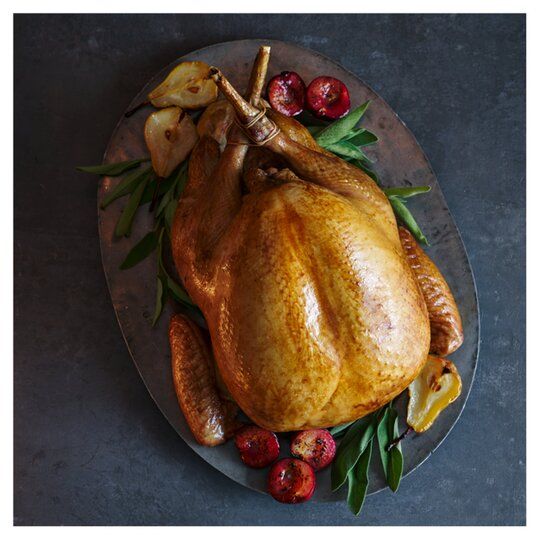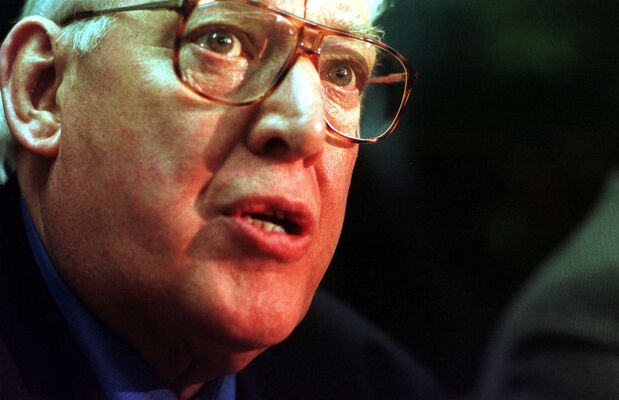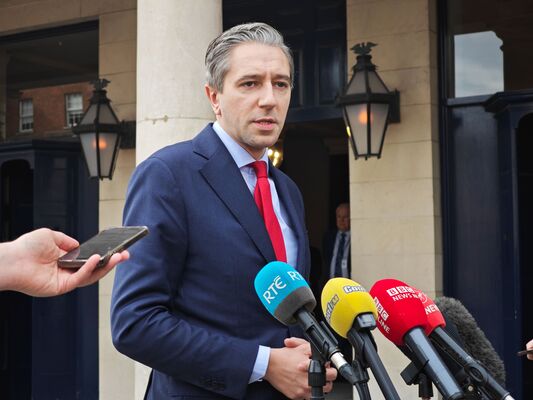IT may be the season to be jolly, but for many, strands of sadness run through Christmas.
We put up the decorations and remember the hands that are no longer there to help decorate. We look around the Christmas dinner table and think of those who once sat there, smiling eating, alive. We watch TV advertisements for Christmas toys, Christmas food, Christmas drink, Christmas ham – and try not to think of those parts of the world where hunger and deprivation rule and ads to tickle the palate are unheard of. And as we sip our red wine we push away thoughts of the blood that flows in Ukraine and other war-torn parts of the world.
But we human beings are nothing if not resilient. There may be dark clouds above, but we still sing about peace on earth and mean it. Embedded like a bullet in the bosom of our family we chafe and argue, yet there’s something deeply comforting about being surrounded by your own flesh and blood. War and reports of war may seem to make a mockery of the Christmas hymns, but the words still remind us that something better is possible, that carrying a grudge only adds to our burdens as we travel down the short road of life. The carols and the hymns, however schmaltzy, remind us that humanity is capable of better things, even if the path behind us is littered with broken dreams.
Churches at Christmas see faces that haven’t been there since a year ago, as we try to establish contact with a world beyond our smudged everyday existence. Outside, shop windows may shout “Buy for Christmas!” – but when was Christmas not commercialised? And yes, we come out loaded with bulging bags, but most of the time they contain gifts for others, not ourselves.
When I was a child we didn’t buy a turkey – we kept them, a gobbling crowd that strutted around our farmyard. Most would be sold but my father would save one for us. Then he’d wring its surprised neck (yes, literally, Virginia) and while it was still warm, pluck it. If you’ve never watched this operation close up, you’ll have no idea of the amount of feathers that layer a turkey. Finally, after long labour, the naked bird would be passed to my mother.
Sometimes wearing two pinafores for protection, on Christmas Eve she’d clear the kitchen table, spread pages from the Irish News over it, position a bucket on the floor beside her, then gut the turkey. I’m not sure which I found worse, the sight of fistful after fistful of glistening guts being pulled from inside the turkey and dropped in the bucket, or the smell of blood and giblets and turkey poo that filled the kitchen .
But my mother would go on hollowing out the bird, her arm bare vanishing inside it up to the elbow, the bucket beside her filling and the pages from the Irish News getting more and more sodden. Then finally the bucket would be emptied, newspaper pages gathered and dumped, the kitchen table cleared and scrubbed down. After maybe twenty minutes, everything would be clean and wiped, and the godawful stink of turkey innards would begin to fade.
A leopard may not be able to change his spots, but that turkey next day was transformed. I was the last of eight, so I got the less succulent turkey parts, but with a generous helping of mashed spuds, Brussels sprouts and gravy, my portion of turkey was always crisp, golden with a smell as delicious as its taste. It was sad that the poor turkey had to die, but it had died for a good cause. It had been transfigured from horror to magnificence, and our grace before dinner on Christmas Day was sincere beyond words.
Then the only sound to be heard around the table was that of munching, with the occasional “Ooh, aah, mmmm!” coming from our grateful hearts.








